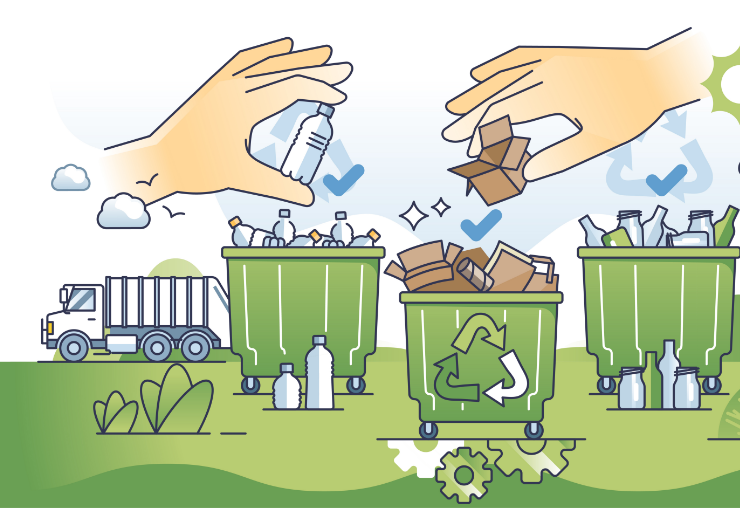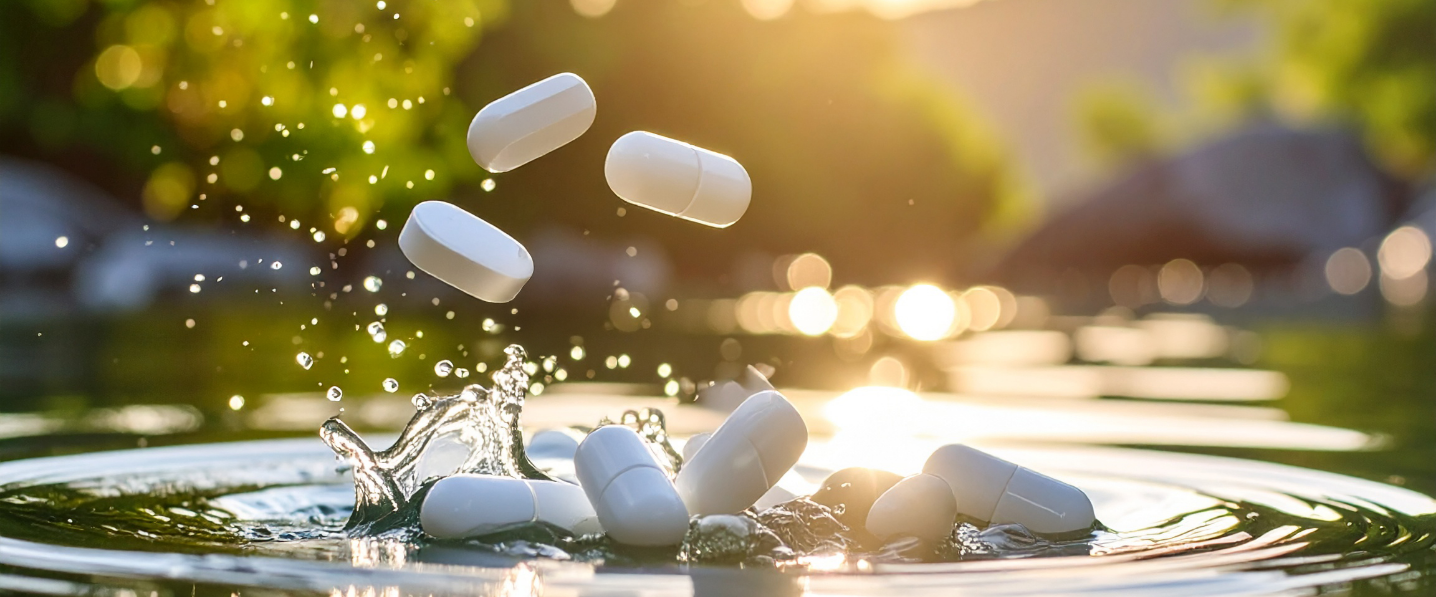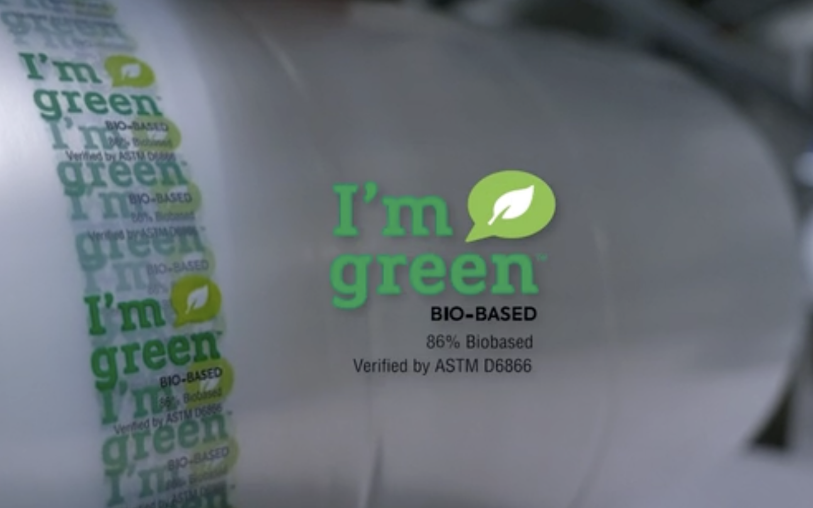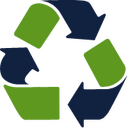Reduction of (Medicine) Waste

Recycling and Waste Reduction
Midway through 2023, we entered into a collaboration with waste broker Green Waste. This partnership led to us being able to recycle 69% of our waste in 2024-2025.
Effective collaboration with waste processors contributes to a sustainable waste strategy. This ensures that our waste is processed in the most environmentally friendly way. The processing of pharmaceutical and hazardous waste contributes to a cleaner and safer environment for people and the planet.
By implementing separate waste collection, such as paper, plastic, and medicines, we can significantly reduce the amount of residual waste. Additionally, we can introduce reusable materials, such as packaging and containers, to reduce our ecological footprint.

Preventing Water Pollution
Research by the RIVM shows that 190,000 kilos of pharmaceutical residues end up in the sewer and subsequently in ditches and rivers each year. This remains a major challenge throughout the pharmaceutical chain. The prevention of water pollution is critical for a sustainable future. By safely and responsibly disposing of unused medicines and chemicals, we keep harmful substances out of the water.
Customers can therefore return their unused medicines (chemical waste) to the pharmacy, provided that municipalities ensure the collection and processing of this pharmaceutical waste. We have engaged in initiatives with general practitioners on appropriate prescribing of medication to prevent people from being left with medicine residues.

Sustainable Packaging Materials
In 2023, 'Pack to Patient' machines were introduced in our fulfilment centres in Eindhoven and Amsterdam. These machines process some of our repeat prescriptions and package medicines in bags made from 86% bio-based material. We are aware that we still have significant volumes of packaging waste and will continue to develop reduction strategies in 2025.


